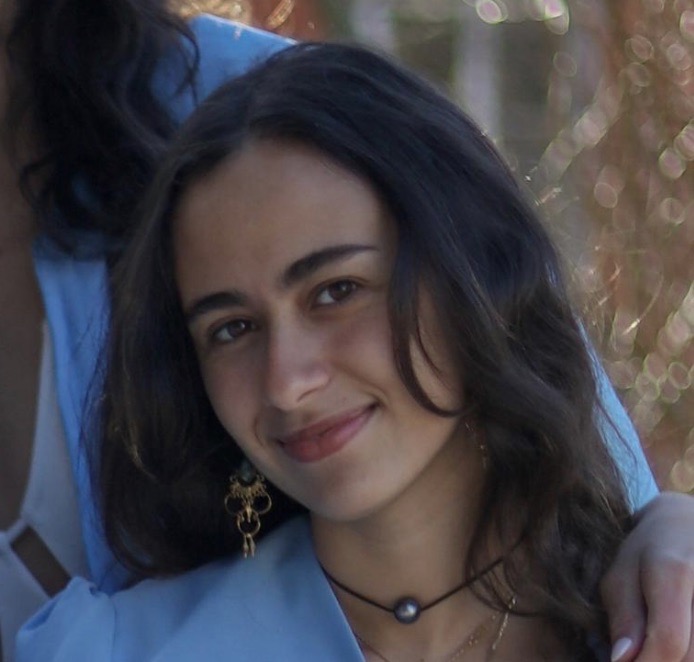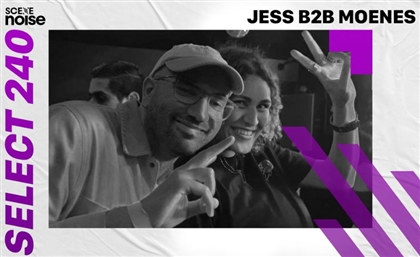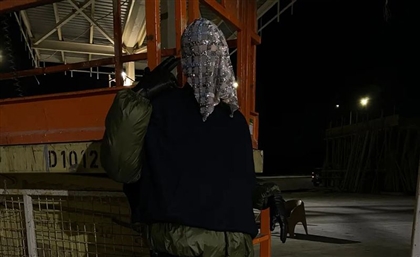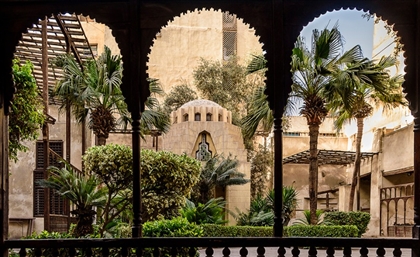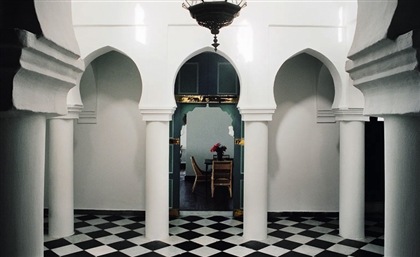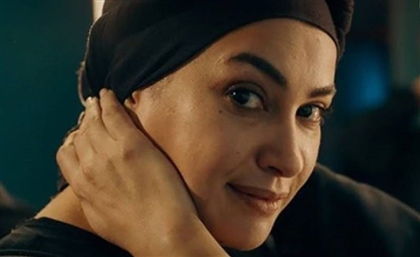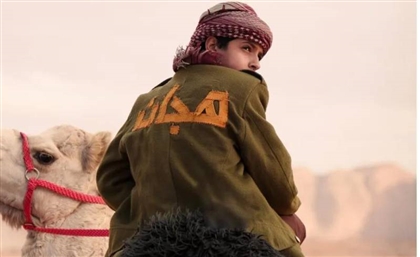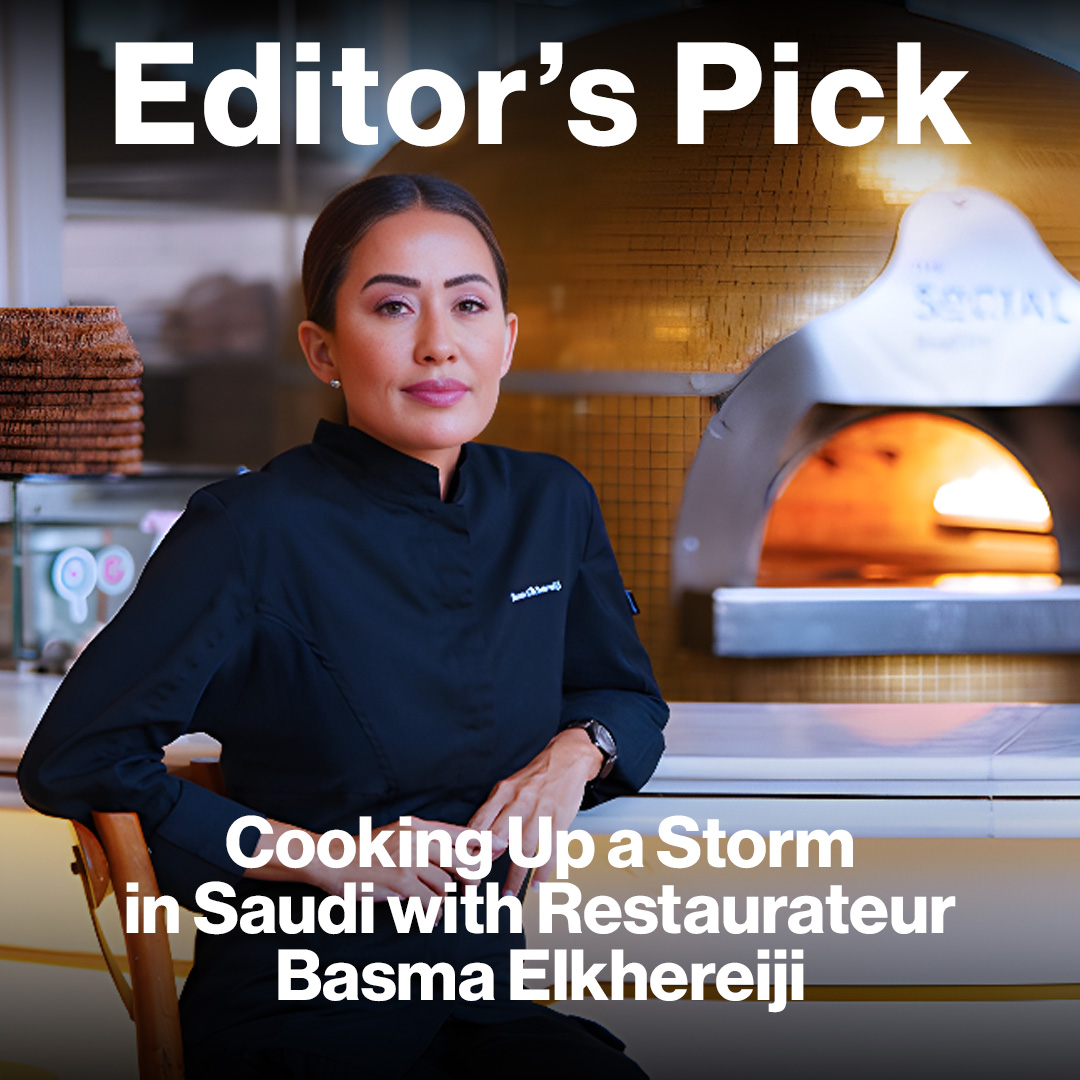XP Artist Spotlight: Dish Dash - Saudi’s Leading Techno Brothers
Brothers Hassan and Abbas Ghazzawi have witnessed the genesis of the electronic Saudi scene, and fuelled its explosive evolution.
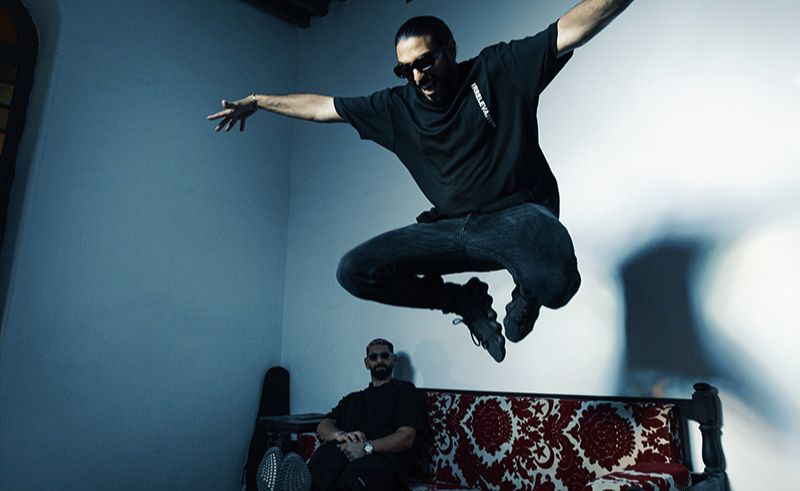
Two Saudi brothers, Hassan and Abbas Ghazzawi, have channeled their penchant for punchy and powerful tech-house sets to become pioneers in the regional electronic scene. Emerging as a product of the kingdom’s underground scene, their DJ duo, Dish Dash, is simultaneously situated at its forefront, having worked tirelessly to uplift Saudi talent and anchor it onto the global musical map. Through firsthand experience, the brothers have witnessed the evolution of Saudi techno, working through their frustrations with the dearth of entertainment in the kingdom and their interactions with the Western music industry.
Wearing many hats, or rather carrying various aliases, the brothers are musical chameleons, tapping into their large repertoire of sounds to satisfy any and every crowd. And yet, behind the scenes and beyond the decks, Dish Dash is what it truly is: two brothers arguing over whether or not to begin with a 128 BPM track. Drawing from their respective musical influences, the brothers successfully entwine the sounds that make Hassan and those then make Abbas to deliver as a unit, whilst embodying two distinct individuals.
In an interview with Hassan and Abbas, we speak with them to learn more about the sounds, quirks and quarrels that make the brothers Dish Dash.
I’m always very intrigued by stage names and how they reflect the artist’s music. Where did the name Dish Dash come from and what does it seek to express?
HASSAN: We had a lot of names before. For example, the G Brothers and The Ghazzawi Brothers. But none felt right. We wanted something easier for people to say and understand. One day, we thought about introducing our music team on a podcast and came up with Dish Dash, which has two meanings: ‘dish’ and ‘dash’, signifying two people. We also wanted it to be relevant to our background, so it's also inspired by the ‘dasha’, an Arabic garment. Before Dish Dash, we considered names related to our history and Arabic, but Dish Dash just clicked for us in 2016 or 2017 when we started producing music.
Let’s talk about your alias H.O.A - which means Hassan or Abbas. Where did it emerge from and how does it cater to specific sounds and audiences? How does Dish Dash operate as a more mainstream brand whereas H.O.A remains as your underground identity?
ABBAS: Because I love different genres of music. Hassan loves them too, but I was more into playing records, going to parties, experiencing different scenes. Hassan is more into Ibiza, Afterlife, Masala, and Solomon. I also enjoy Solomon, but I lean towards underground vibes and artists. We both appreciate different sides of the music spectrum. We realized that Dish Dash has its own identity and sound, so we wanted another name that would allow us creative freedom in music selection. That's why we started HOA.
We didn't decide to start it until we achieved what we wanted with Dish Dash. Even though our friends still invite us to play different music, we found there were occasions where Dish Dash didn't fit the lineup. Our friends still wanted us there, so HOA became a way to accommodate different musical preferences. It's like Dish Dash has its expectations, and HOA has its own vibe. It's a gamble, you know. You don't know who you're going to see. It's either going to be me or Hassan.
How do two individuals merge in creating a musical duo - whereby you retain your respective musical identities and simultaneously converge them?
HASSAN: I believe what sets us apart, particularly in Dish Dash, is that each of us has our own distinct personality. As individuals, we've had to discover ourselves first and explore our individual likes and preferences. Abbas has a penchant for different types of music, while I... Well, let's just say you're guaranteed to enjoy the music 100% whether you see Hassan or me performing solo at a Dish Dash gig.
However, when we perform together, it's a completely different experience. You really feel the essence of Dish Dash, seamlessly transitioning between genres without even realizing it. Whether it's melodic, deep, or techno, I always advocate for finding your unique sound within each genre. We don't confine ourselves to any specific genre; instead, we embrace the freedom to explore different styles. That's what makes us stand out – it's not just about being good, it's about being special. 100%.
What are your main musical influences?
HASSAN: The entire electronic music scene, from the veterans to newer fresher faces. But one that really sticks out would be Solomun. Because again like Abbas said, the way we both play music is by mashing different genres and sounds in our set, which is closest to the way Solomon crafts his sets.
ABBAS: We grew up with music, our parents were always playing music, especially in the car, they would play a new cassette each time. Then Hassan and I started going into R&B and Rock & Roll, and later on I started playing the guitar and eventually started DJing. I moved to the States to LA and then Miami, and started going to massive music festivals like Ultra, seeing legends like Carl Cox and Amin Van Buuren. These guys musically changed us. What really shaped us though was our first trip to Ibiza, and our first 18-hour set was after that trip and was inspired by Ibiza’s sound only.
Hailing for Saudi Arabia, how has the KSA either shaped or challenged your rise on the scene?
HASSAN: Back in Saudi, nothing was happening, you couldn’t even play music in restaurants. All you could do was ride your car around and go to the gym or the beach. It was all private parties and gigs in compounds for example. I actually think Abbas and I are the ones who pioneered the underground scene. Most people in Saudi weren’t musically educated at all, so it was hard to play interesting stuff.
ABBAS: I would say that we shaped the scene and it shaped us at the same time - it was this mutual thing between us as individuals and as artists. Imagine growing up in a place that didn’t have anything, and you find yourself leading an entire musical scene and educating your crowd. There was no scene in Saudi until like 2017, that’s when the first concert happened publicly with a co-ed crowd. Events were usually only male or female, but this one had both - on the left there would be the women and on the right the men. Imagine you’re playing and you see a big gap in the crowd, like a mosh pit ready to explode. And they only let us play for 20 minutes. But after that, everything started changing, we did the first electronic music stand-alone concert called White Oasis, and then obviously after that, it quickly spiraled, and now you have MDLBEAST.
HASSAN: But up until that point there was no scene in Saudi - it was incredibly underground. So if you’re talking about who shaped the scene, you have to ask, who are the guys who planned the parties? We’re those guys.
What are your thoughts on the scene now? Because it's exploded and it went from obviously this very underground niche landscape to now like massive entities, like MDLBEAST - the jump seems very wide.
ABBAS: It’s a dream come true. Imagine working hard to bring in all these DJs and nurture an underground scene and you just hope one day it can be recognized. And now, Saudi is on the global electronic music map. Before we were only a handful of DJs and now we have so many inspiring young producers wanting to get more involved in the scene.
HASSAN: It opened a lot of doors for everybody, for us both locally and internationally, and we’re so grateful for that.
Having experienced the electronic scene in the West and growing with the scene in the MENA region around 2006, what are some key differences that you have picked up on? What does the MENA music scene lack in, and alternatively, where is it strongest in (especially with entities like MDLBEAST)?
ABBAS: There's a lot of big differences. When I lived in Miami, it was 2011. I stayed there for three years. Before that, I was in LA. Now I'm in Berlin. To me, one of the main things that I see missing is education in the music scene, education in the rave scene, education in how to deal with situations that happen in raves and parties and after parties and all of these things. Because you need awareness at the end of the day, and you have a lot of young kids that are getting involved in the scene. At the end of the day, we need to look out for everyone on the dance floor, anyone on the dance floor could be your brother or your sister.
How do you plan a set - any rituals or quirks?
ABBAS: We argue.
HASSAN: Yeah, we always argue before a set.
ABBAS: Me and Hassan have a different approach to curating our set. Hassan usually comes in, wanting to plan ahead, like the first two and last two tracks. I'm the kind of person that likes to feel the vibe, feel the energy of the crowd. So, I put a hundred tracks in a file and then tried to make something out of these tracks, Because as a DJ if you have a hundred tracks sitting in a file and you can’t seem to make a night out of it, then you should choose something else. So yes, it’s two different approaches, neither is right or wrong. And although we argue a lot it’s because we want our sets to be perfect.
HASSAN: But also location and setting is crucial - you’re not going to play the same thing at a beach club than at a MDLBEAST stage. Our diverse selection and music is what makes our sets so unique.
How is it like working so closely with a brother?
ABBAS: Honestly speaking alhamdulillah it's a blessing and I would not imagine myself working with anyone else other than my brother, even though we want to kill each other most of the time. We’re always together, ever since we were born, if you see baby pictures of us, we were inseparable and always dressed the same. So it’s not hard to be with him all the time.
- Previous Article Bahrain’s Arcapita Launches $500 Million Logistics Fund in KSA
- Next Article 7 Public Parks To Visit In Egypt During Eid Al Fitr
Trending This Week
-
Apr 23, 2024
Events Calendar







